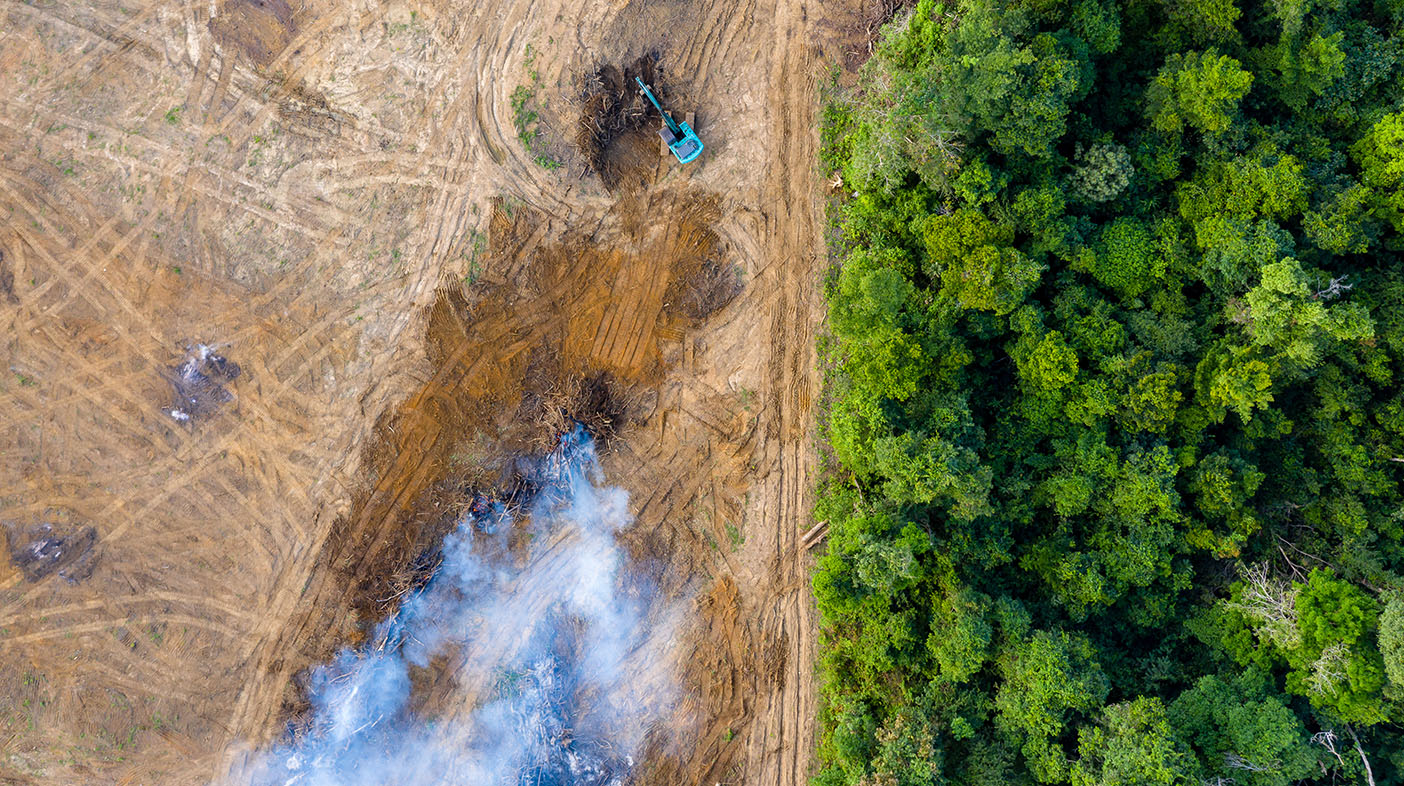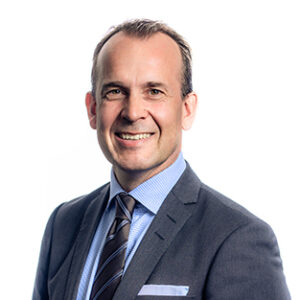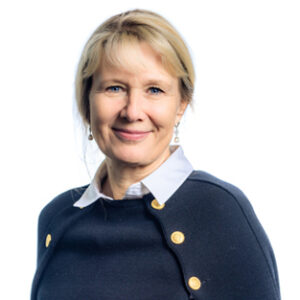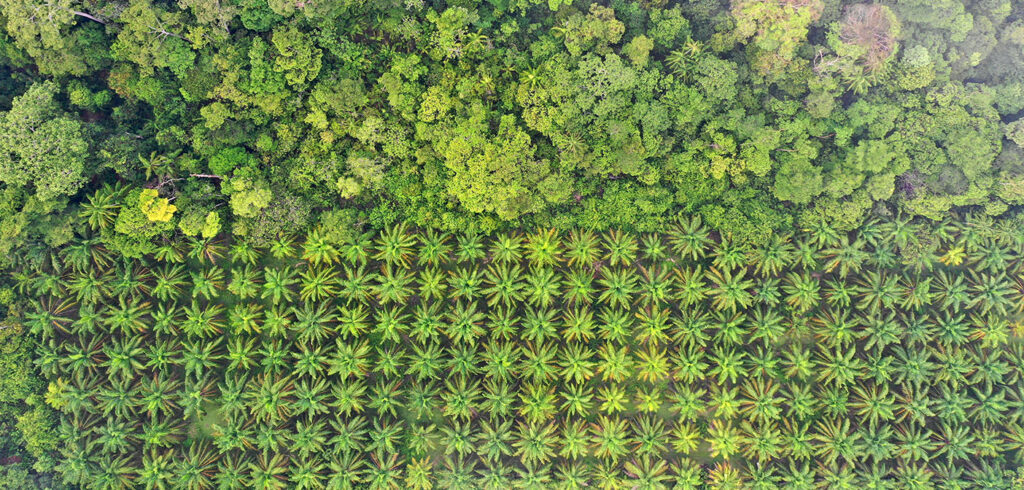AAK, (formerly AarhusKarlshamn), is a Swedish-Danish company and producer of vegetable oils and fats, the company has over 3,800 employees and global revenues of around USD$3.3 billion. In an effort to make further gains on its sustainability goals, the company is partnering with market-leading technology companies Earthqualizer and Satelligence to better monitor the environmental impact of palm oil growth in its supply chain.
Palm oil and deforestation
Palm oil is a very versatile oil, a semi-solid state at room temperature makes it spreadable and it is also stable at high temperatures to help give fried foods a crispy texture. The oil also has a long shelf life whilst being odourless and colourless, giving it great practical use in foods without altering flavour. Around 85% of the global palm oil supply comes from Indonesia and Malaysia. Unfortunately some of this palm oil growth drives tropical deforestation. An EU deforestation impact assessment found that palm oil has contributed to a 2.3% share of all global deforestation.

What the partnership brings AAK
The partnership with Earthqualizer and Satelligence allows AAK to monitor its global supply base for palm oil with great accuracy and in real time. This will make it possible to earlier detect signs of deforestation and take immediate action.
Earthqualizer deploys a widely recognized and credible risk management tool that screens and monitors compliance with NDPE policies (No Deforestation, No Peat, No Exploitation) among palm oil refineries, mills, and plantations. The tool is particularly effective because of its scope which includes the verifying of parent company ownership.
Satelligence helps companies achieve a deforestation-free sourcing and production of palm oil, cocoa, coffee, soy, and other commodities. Building on artificial intelligence, satellite technology, and supply chain data, the company provides daily insights into the global performance of agricultural production and supply chain risks. Satelligence maps and monitors forests, planted palm areas, deforestation, and fire impact.

Johan Westman, President and CEO, AAK Group was keen to highlight the significance of this partnership: “This new innovative monitoring technology is an important part of AAK’s sustainability strategy and by 2025, our goal is that 100 percent of the palm oil that we source should be 100 percent verified deforestation-free” he said before adding “As co-founders of the RSPO (Roundtable on Sustainable Palm Oil), AAK’s ambition is to play a leading role in transforming the palm oil industry towards sustainability. By investing in these partnerships, we will contribute to the full visibility and verification of deforestation-free supply chains.”

Anne Mette Olesen, Chief Strategy & Sustainability Officer at AAK added “With insights from satellite monitoring and compliance data from risk assessments, we are able to more quickly identify risks of deforestation and conversion of peatlands so that we can engage with suppliers to take appropriate actions leading to measurable progress towards our commitments” concluding that “The two systems cover our global supply base for palm, and we are already seeing the benefits of our monitoring activities.”
Aside from committing to deforestation-free and conversion-free palm and soy supply chains by 2025, AAK has recently signed up to set binding targets for CO2 emissions reductions to be approved by the Science Based Targets initiative (SBTi). Towards the end of 2020, the company also signed the first global Sustainable Coconut Charter, which aims to improve farmer livelihoods, lessen the carbon footprint of coconuts, and boost supply to meet rising global demand.



